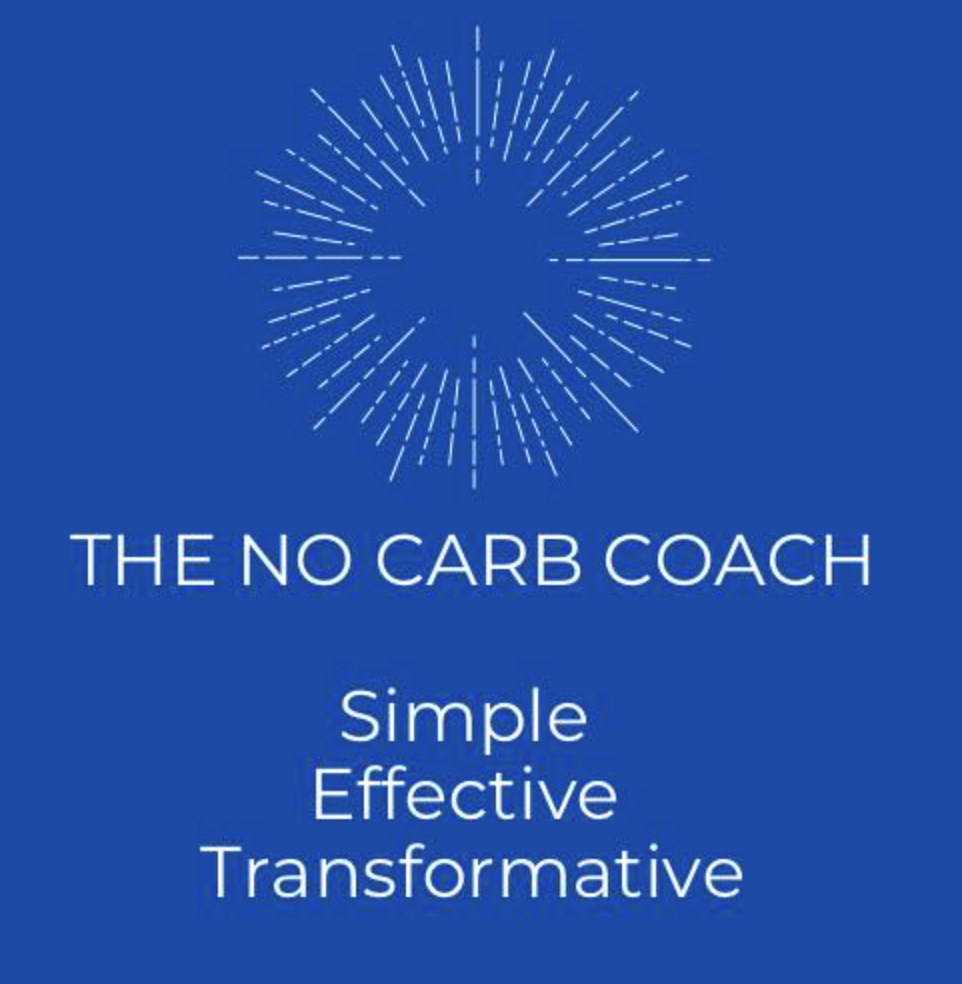
How To Burn Fat The Right Way
The Right Mix of Protein, Carbs & Fat is Critical on a No Carb Plan – especially for menopausal women. Here’s why…
When you go on a no-carb or ultra-low-carb diet, especially during menopause, your body enters a very different metabolic state. It’s no longer running on carbs (glucose) for fuel, so it must rely on protein and fat to keep you energized, preserve muscle, and burn body fat. Sounds simple but in fact it is quite tricky.
I learned the hard way how critical the right balance of protein is—especially as we age. For quite some time, I’d naturally shifted toward eating less meat. Since this approach had always worked well for weight control in the past, I didn’t think twice. But gradually, I began experiencing chronic muscle loss that eventually affected my ability to walk properly.
It turned out I simply wasn’t getting enough protein to support my body, especially during menopause when muscle loss can accelerate. Even more frustrating, I wasn’t losing weight the way I normally would either.
That experience forced me to go back and re-examine the core principles behind protein, fat, and carb balance. It was eye-opening—and it’s something I now explain often to others in similar situations who are unknowingly under-eating protein and over-relying on methods that no longer work for their changing body.
Protein is essential—but not unlimited
Your body needs protein to repair and maintain muscle (especially important after age 50), to support hormones and immune function.
More importantly, it prevents your body from breaking down your own muscle for energy.
However, too much protein can backfire! If you eat far more than your body needs, some of that extra protein can be converted into glucose: Over time, excess calories from any source: protein, carbs, or fat could still be stored as body fat if you’re not in a calorie deficit. This can stall fat loss or even bump you out of the fat-burning state you’re aiming for.
No Carb & Lo Carb Combinations
Even on a “no-carb” plan, a small amount of carbs from leafy greens or non-starchy veg helps support gut health and digestion, reduces cortisol and prevents the body from being too low for too long.
But eating just a bit too much, even of the “good stuff,” can push you over your limit, especially if your carb tolerance is already lower due to hormonal changes.
Fat is needed—but easy to overdo
On keto-style plans, people are told to eat lots of fat. But in midlife, your metabolism slows—and your body may already have plenty of fat stored! If you eat too much dietary fat – even healthy fat, your body won’t tap into your stored fat.
Even if you avoid obvious sources like butter and oil, fat is still present in most foods that aren’t low-carb vegetables or salad — making it surprisingly easy to exceed your recommended daily limit without realizing it.

Why It’s So Hard to Master
Shifting Hormones in menopause: Estrogen affects how your body stores fat, burns energy, and builds muscle. The rules that worked in your 30s may no longer apply.
Carb tolerance drops: You can’t “get away with” as many carbs anymore without it affecting weight or energy.
Protein needs go up as muscle naturally declines with age—but your appetite may go down.
The balance is very individual: One woman may need 130g of protein and 40g of fat. Another might do better with 100g of protein and 50g of fat. It depends on weight, goals, and how active you are.

The Bottom Line
Getting the mix right is a science-meets-art process. It’s not just about what to eat, but how much, and in what proportion—for your unique body in this phase of life. That’s why a clear structure, good tracking tools, and personalized guidance can make all the difference.
If you’re not eating enough protein while doing a low-carb, low-fat diet, you may still lose weight, but not in a healthy or sustainable way. Here’s why..
Here’s what happens when protein is too low on the No Carb – Lo Carb Diet
- You will lose weight but the wrong kind, muscle instead of fat – without adequate protein, your body breaks down muscle for fuel/energy
- Your metabolism will slow down – less muscle – fewer caloies burned at rest
- Weaker skin, hair, and immune system – protein is essential for cell repair and maintenance
- Fatique, brain fog, cravings – protein helps with stabilising your blood sugar
✅ You’ll lose weight if protein is too low—but at the cost of muscle, energy, and long-term result
✅ Eating more protein than your body needs can slow fat loss
✅ Knowing what 150g of protein each day is difficult but using my tracking tool you will know
✅ Keeping your daily carb limit under levels for fat burning requires careful tracking and knowlege
✅ Keeping your daily fat intake between 40 – 50g per day can be done using recipes designed for this
✅ Doing this by yourself is not only difficult but can lead to failure
✅ Each person’s needs are unique, I am your guide and instructor on how to make this work for you
✅ Knowlege is your power to control your weight – you will learn how
✅ Mindset is essential to success, if you’re menopausal – keto or calorie controlled diets don’t work
✅ Counting macros is difficult but once you understand how it works you can use it anytime

